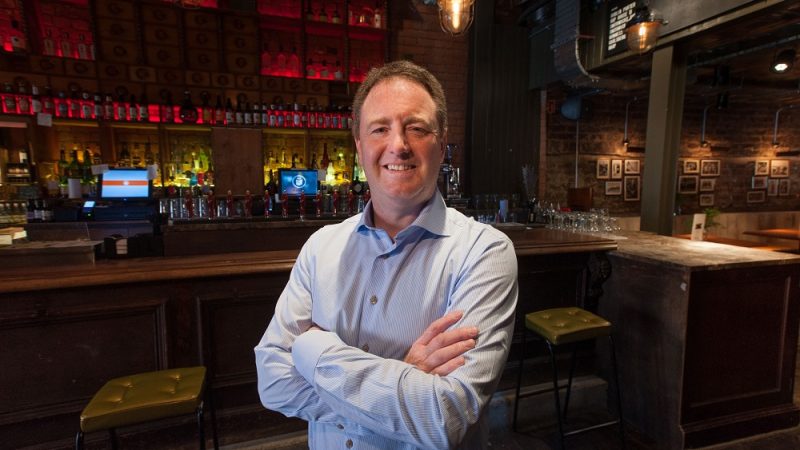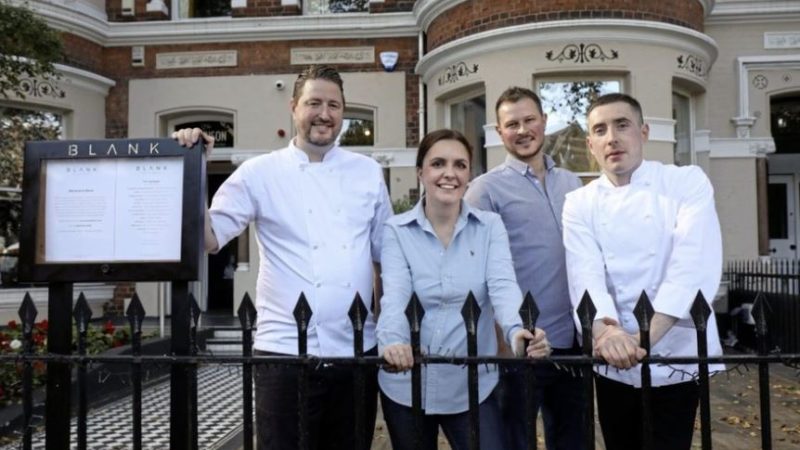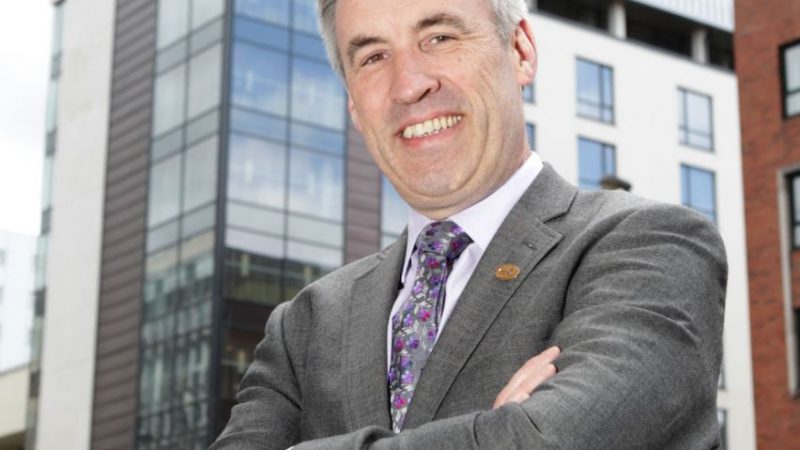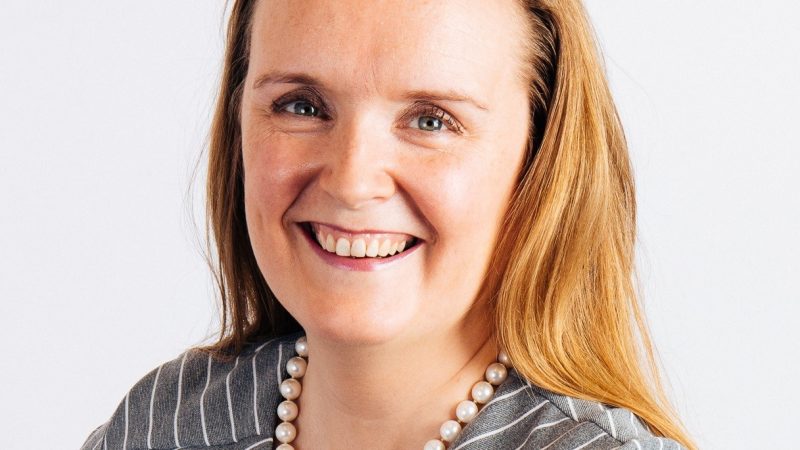Being your own man

Stephen Magorrian’s is a face well-known to most in the local trade and while the former managing director of the Botanic Inns chain might be a little less in the limelight since its demise, he’s still doing what he’s best at…
Taking ownership of The Northern Whig in Belfast city centre was one of the highlights of 2016 for publican Stephen Magorrian. After leasing the popular Cathedral Quarter venue for a number of years, Stephen added it to his Horatio Group portfolio in February and immediately instigated a £300,000 refurbishment programme which has transformed the appearance and ambience of the popular Bridge Street premises.
“This wasn’t just a refurbishment job, we changed everything about the place, new bars, lights, menus, uniforms, drinks, nothing is the same,” Stephen tells LCN.
The iconic Soviet-era statues which so dominated the Whig in its heyday are no more, although Stephen admits that getting rid of them was a painful decision.
“I like them a lot, but we needed to change the place and just didn’t think there was any way we could work them into the new Whig,” he adds.
Currently, the statues are being stored in an auction house in England and Stephen is confident that they will be sold on sometime this year.
As for business at his newest venue, he concedes that trade was “slightly down” in the weeks after it opened in April:
“We took a bit of a hit,” he says. “I think a lot of the old crowd had just moved on and the new crowd took a little time to find us, but we’re where we predicted we would be at this stage…We’ve consolidated the Northern Whig now and hopefully, we won’t have much more to do to it.”
Headquartered in Ballyhackamore, the Horatio Group was set-up by Stephen in 2013 following the collapse of the Botanic Inns group. The Whig is the fourth property which the group has acquired. Other venues in the portfolio are Horatio Todds in Ballyhackamore; Denvir’s Coaching Inn at Downpatrick and Molly Browns in Newtownards.
Going forward, Stephen says that he much prefers to own the properties that he’s trading from:
“We’ve not had a great experience with leasing,” confides the Downpatrick-born publican. “I think a lot of people who lease in Northern Ireland don’t really understand the pub game, they’re looking too much towards return and aren’t mindful enough of the restrictions. So our aim was to own all of our premises and now we’re focused on maximizing the returns that we get from those venues.”
That said, Stephen concedes that running licensed premises today is a much harder proposition than it was during the Botanic era:
“There have been so many changes in the industry, consumer expectations have grown so much and there are new trends all the time which we have to know about,” he remarks. “Years ago, you had three months in a new venue before the public judged you. Nowadays, people make their judgements on opening night.”

Stephen began his working life with The Belfast Telegraph as an assistant accountant and progressed there before moving to Guinness Northern Ireland as a company accountant in 1988. He enjoyed a number of roles with Guinness and climbed to the post of sales director before joining Botanic Inns in 2003 as commercial director. A year later, he became managing director of the group, replacing Jas Mooney, the driving force behind the business.
An enthusiastic campaigner on behalf of the local licensed sector, he believes that whatever standards are applied in deciding the relative merits of any country’s hospitality offering, the trade in NI will always be in the top quarter.
“What we are offering here these days is world-class,” he asserts.
Stephen is impressed with the way in which Northern Ireland portrays itself to potential visitors – we’re definitely punching above our weight, he says. And while, like very many of his colleagues, he’s increasingly alarmed by a burgeoning shortage of skilled hospitality staff, particularly chefs, he remains optimistic and says that he thinks perceptions are changing.
“People are beginning to see this as a proper career now because there are more opportunities for them in terms of learning different skills,” he says. “It isn’t just about pulling a pint any more. And people are staying with us for longer, they’re treating the job as a career and they are seeing their skill sets improve, but we still don’t attract nearly enough people into the industry and we could be doing a lot more to encourage that.”
Neither is he convinced that enough is being done to help the trade grow:
“We opened this venue in Ballyhackamore [Horatio Todd’s] and for me, it was the catalyst that kicked Ballyhackamore off,” he comments. “This is now a really vibrant part of town, but our reward was a rates hike of £64,000 a year, there’s got to be something wrong there. That does anger me…there are some great people working on the council, we get some great advice, but I often have the sense that they are trying to control us rather than working with us.”
On licensing reform, Stephen agrees with most that change is required, particularly in relation to Easter, but he does feel that the tide is beginning to change:
“Hospitality Ulster are doing a great job and I think they’ve changed the argument,” he says. “That was part of my frustration in the past, the argument always came back to the pubs, but most people were doing their drinking at home. Colin [Neill] has now changed that, he’s represented the trade and I think that now, we’re pushing against an open door…I don’t think that we’re facing as many problems on this side of things as we used to.”
As for priorities, Stephen says that 2017 will be the first year in which he doesn’t have to worry about working with landlords:
“That’s going to be a weight off my shoulders,” he adds. “In the longer term, it would be wrong for me to say that I am looking to buy other premises, that’s not really the case, but if something came along I might well give it a go if it’s right for us.
At present, I don’t think any of our outlets are working at capacity so, in a year’s time, perhaps, I would like to be able to say that our business is growing and that we have become more efficient. I think that would be an excellent measure of our success.
“Like most people, I am working towards retirement and I want to make sure that this business is successful so that when it comes to the time to make that decision about what to do, it’s an easy decision to make,” he adds. “We’ll have added value to this business and made it an attractive proposition for someone.”








